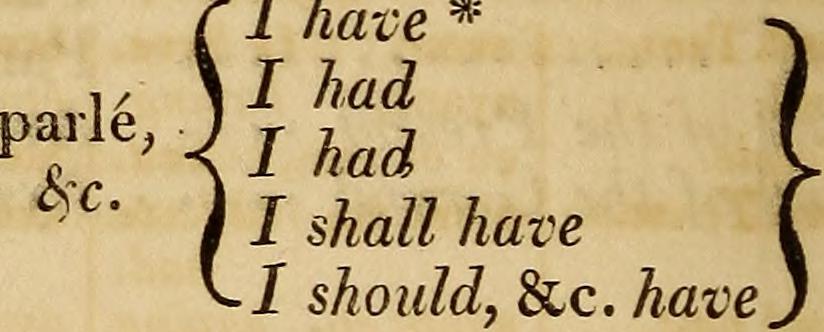
One of the great staples of American public school culture is the infamous bathroom question. Somehow, every school has that one teacher who thinks it is fun to respond to “Can I go to the bathroom?” with “I don’t know, can you?”
If by some wonderful circumstance this has never happened to you, I can personally assure you that it is one of the most infuriating things to happen in any conversation, and people should never do this. As a matter of fact, people really shouldn’t correct anyone about super vague grammar — ever.
“But what about the rules? They’re not speaking the language correctly!” they might say, the smug elitist that they are.
There are so many issues with that sentiment.
To start, I ask, “What rules?” English is, by its very existence, defined by the people who speak it, not by some hypothetical English organization. When linguists study a language, they study it ‘as native speakers recognize it’ — meaning that all those useless rules we learned in elementary school (i before e, y is sometimes a vowel, never start a sentence with a conjunction) are completely irrelevant, simply because we don’t use them.
In short, an obscure rule is an incorrect rule.
But what language, exactly, are we referring to anyway? There are 160 different English dialects spread across the world, not including mixed languages or creole languages (both of which are combinations of English and other languages.) To imply that English is a single, defined language would be hilariously small-minded and, honestly, quite rude to the millions of people who don’t speak “correct” English. And dangerous, too.
In the 2013 trial of George Zimmerman for the shooting of Trayvon Martin, key witness Rachel Jeantel’s testimony was partially disregarded for being “unintelligible,” due to her use of African American Vernacular English. According to Stanford linguistics professor John R. Rickford, “African Americans on the jury – especially fluent AAVE speakers – would have understood Jeantel, and the presence of even one such juror could have helped the others to understand what she was saying, but the defense did a good job of making sure there were no African American jurors in this trial.”
In situations like this, people’s superiority about Standard North American English — the language we speak, and that this article is written in — is more than an annoying personality trait. The self-assured insistence upon what we may perceive to be “standard” English is outdated, and we speakers of mainstream English should be aware of the versions of our languages.

